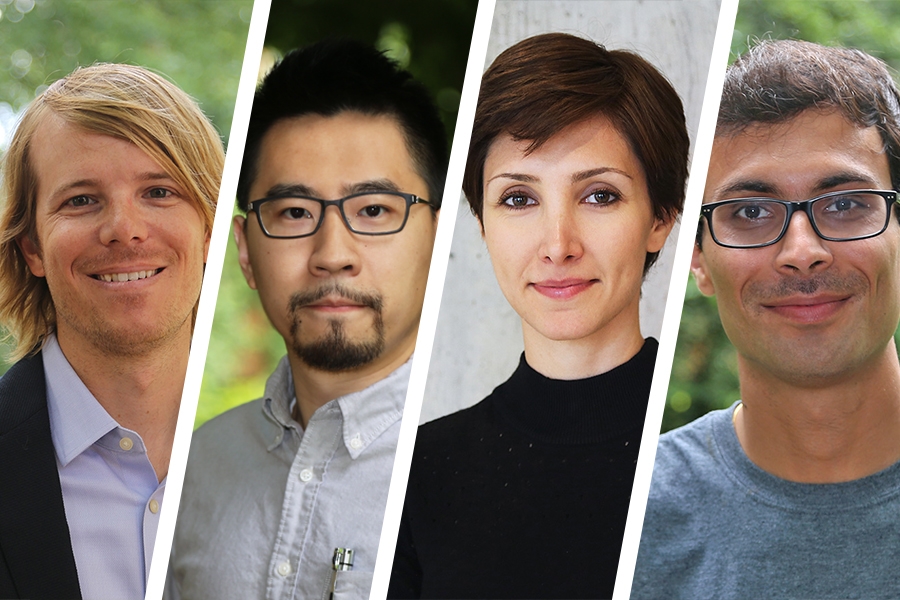
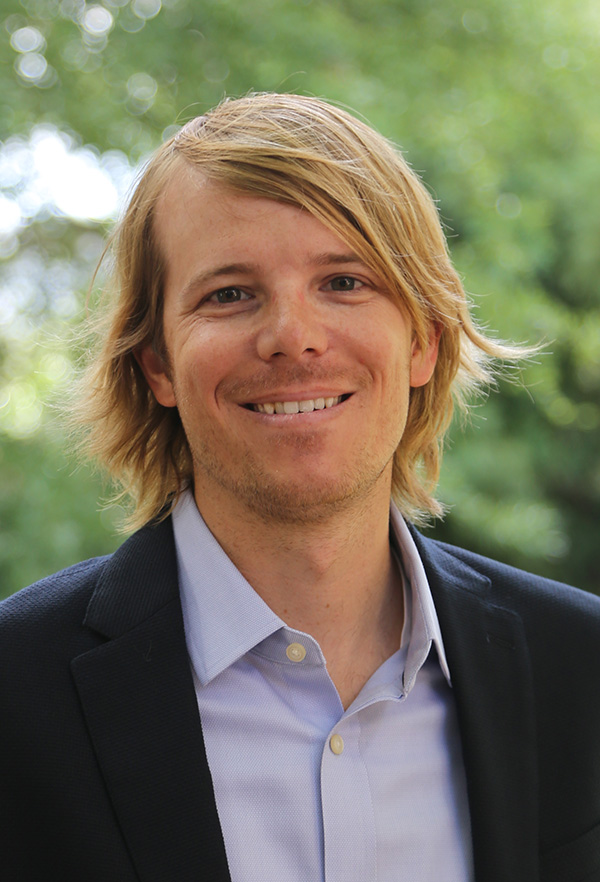 Bivins |
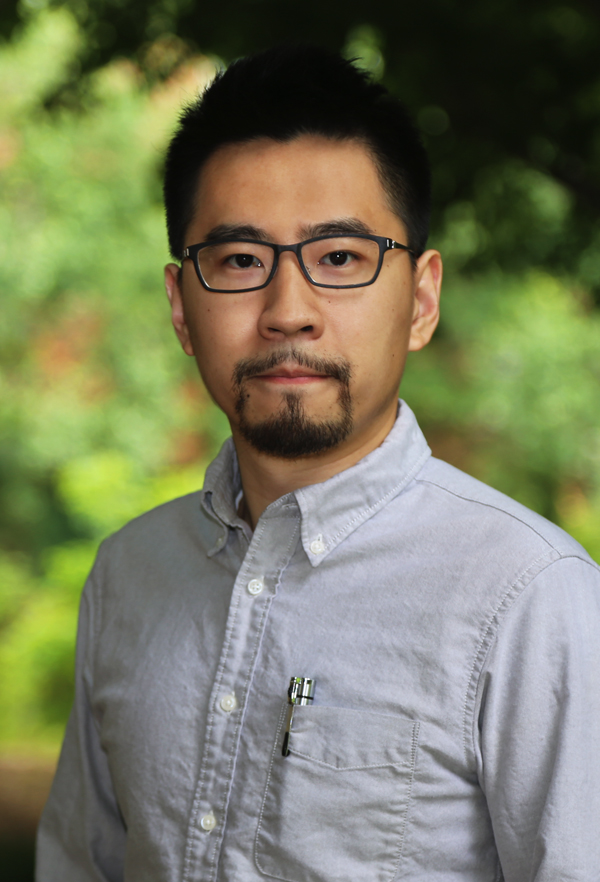 Liu |
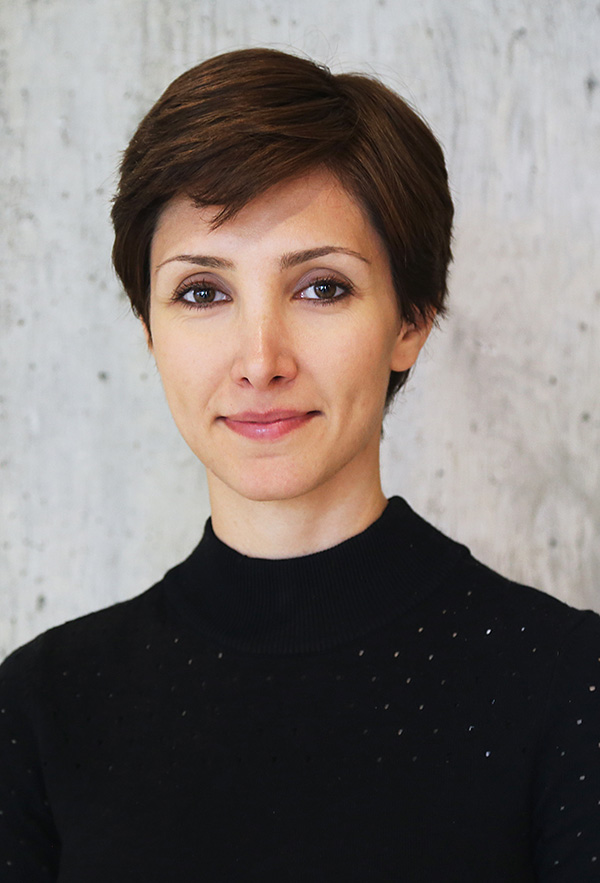 Mohammadi |
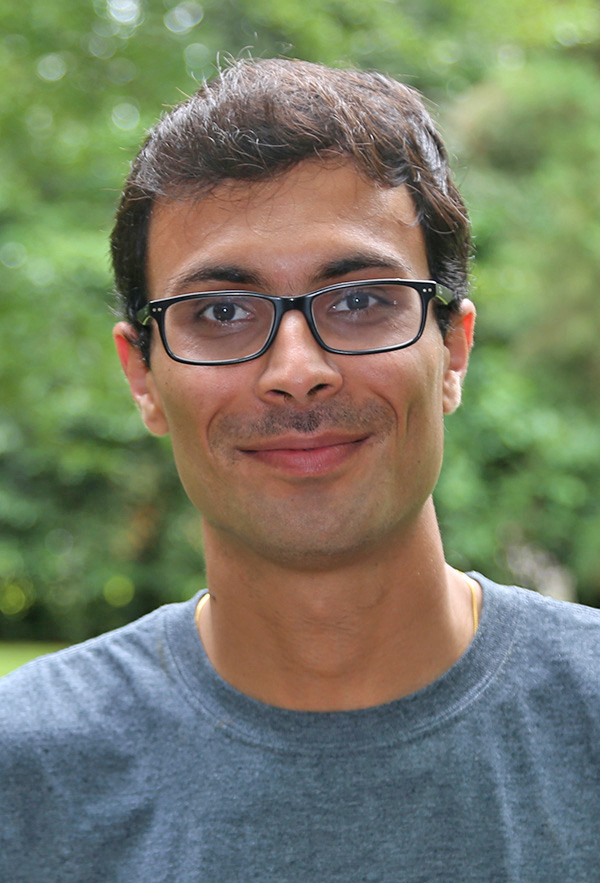 Rathore |
In its second year, a program in the School of Civil and Environmental Engineering that helps graduate students become great teachers has expanded, selecting three students and a post-doctoral researcher as Future Faculty Fellows.
Aaron Bivins, Albert Liu, Neda Mohammadi, and Saubhagya Singh Rathore will each receive $3,000 from the School this year to support their development as teachers and to explore potential teaching careers.
“I’ve had the opportunities to be exposed to different teaching styles — and sometimes objectives — in China, the UK, and the US, and I have seen what a decisive role an effective teacher can play in one’s career,” said Liu, who works with David Frost and will finish his Ph.D. in the next year. “I want to make a positive impact on students by being an effective teacher and being able to convey knowledge as well as show them a wide range of applications that our field can offer.”
Future Faculty Fellows participate in a Georgia Tech Center for Teaching and Learning program designed to help graduate students learn how to be effective teachers. They’ll also teach a class with one-on-one mentoring and support from a faculty member. Fellows can also travel to conferences or to funding agencies to build their research and professional relationships.
“I applied for the Future Faculty Fellowship so that I can take my career development on the road, so to speak,” said Bivins, a fifth-year Ph.D. student in Joe Brown’s lab. “I plan to use the funds to attend national teaching conferences from the American Society for Engineering Educators and the Association of Environmental Engineering and Science Professors. At these conferences, I want to meet faculty, and, if I'm lucky, future colleagues, that are passionate about innovation in engineering education.”
Rathore said he also plans to use his fellowship to attend professional conferences to “help me learn the best modern teaching techniques used globally, give me a competitive edge in my career, and also provide me with the framework to continuously improve as a teacher.”
Mohammadi, a post-doctoral scholar in John Taylor’s group, said she’s anxious to expand her thinking about teaching and bolster her network.
“The professional development opportunity to meet with faculty within and beyond Georgia Tech is great career exposure and allows me to connect and learn from other scholars and mentors in our field, while reflecting on teaching,” she said. “I expect it to be an extremely rewarding experience.”
Ph.D. students must have passed their qualifying exam and have the support of their faculty adviser to apply for one of the fellowships. Post-doctoral researchers in the School also are eligible. The program typically accepts applications each April for the following academic year.
